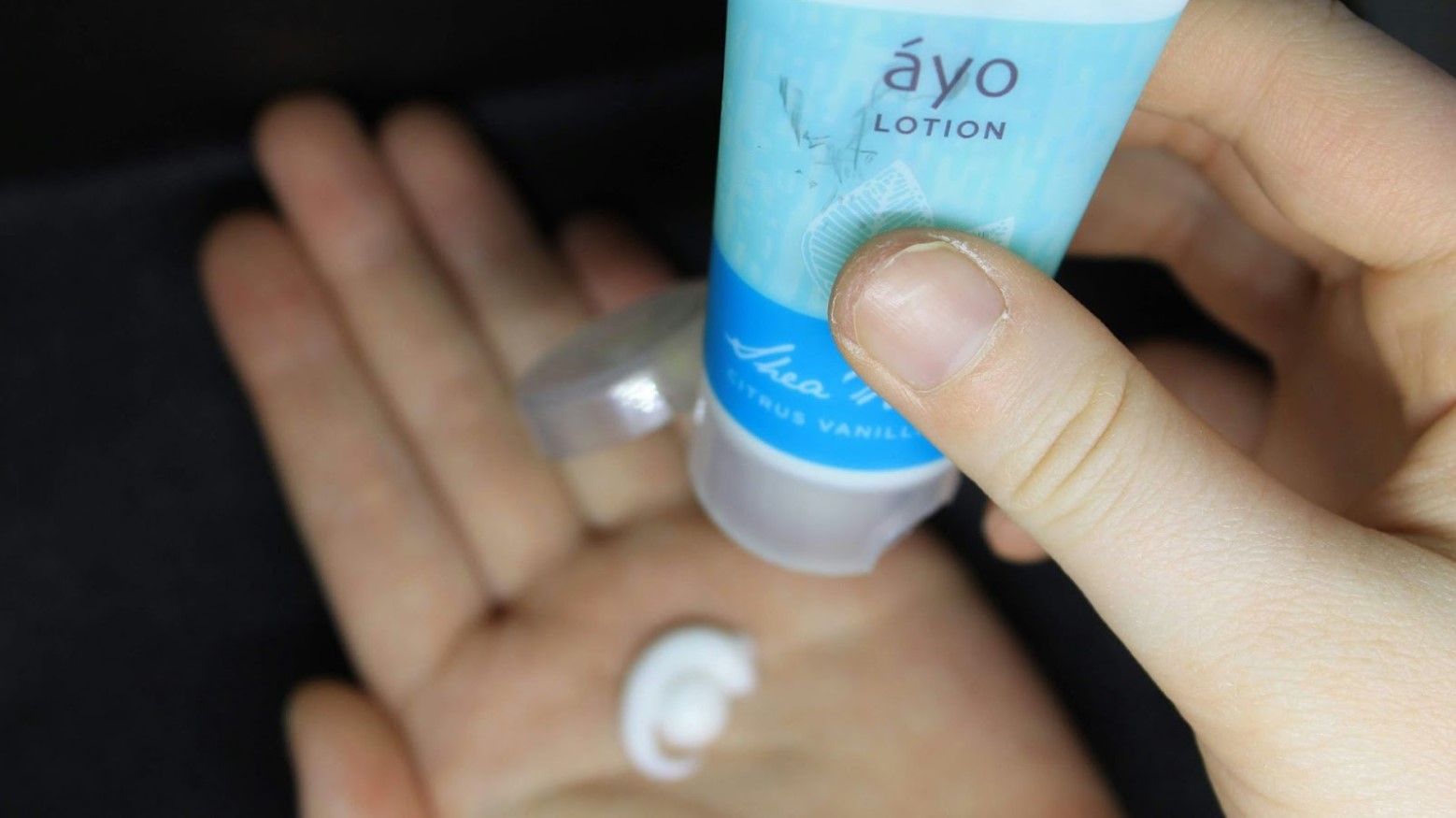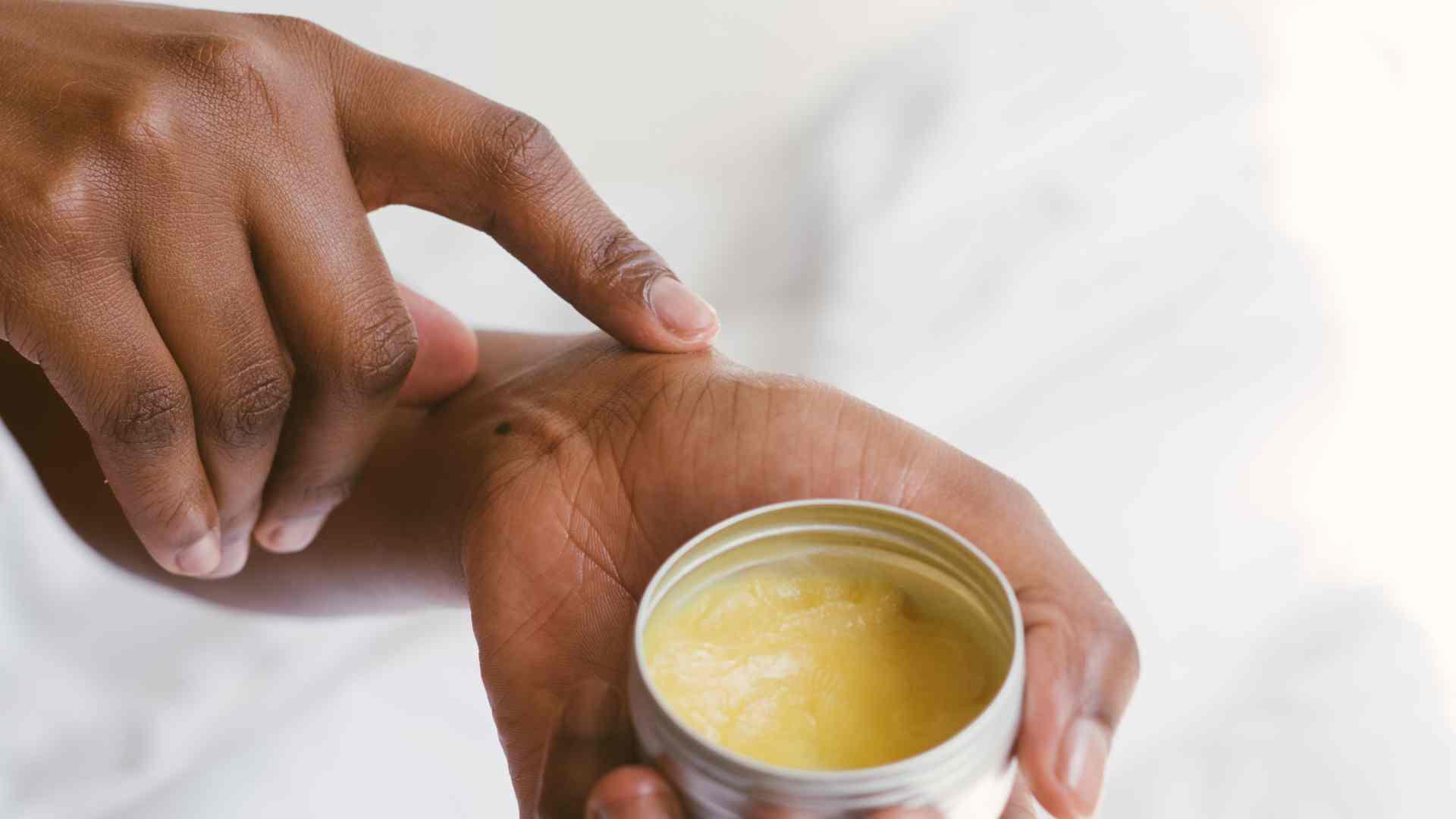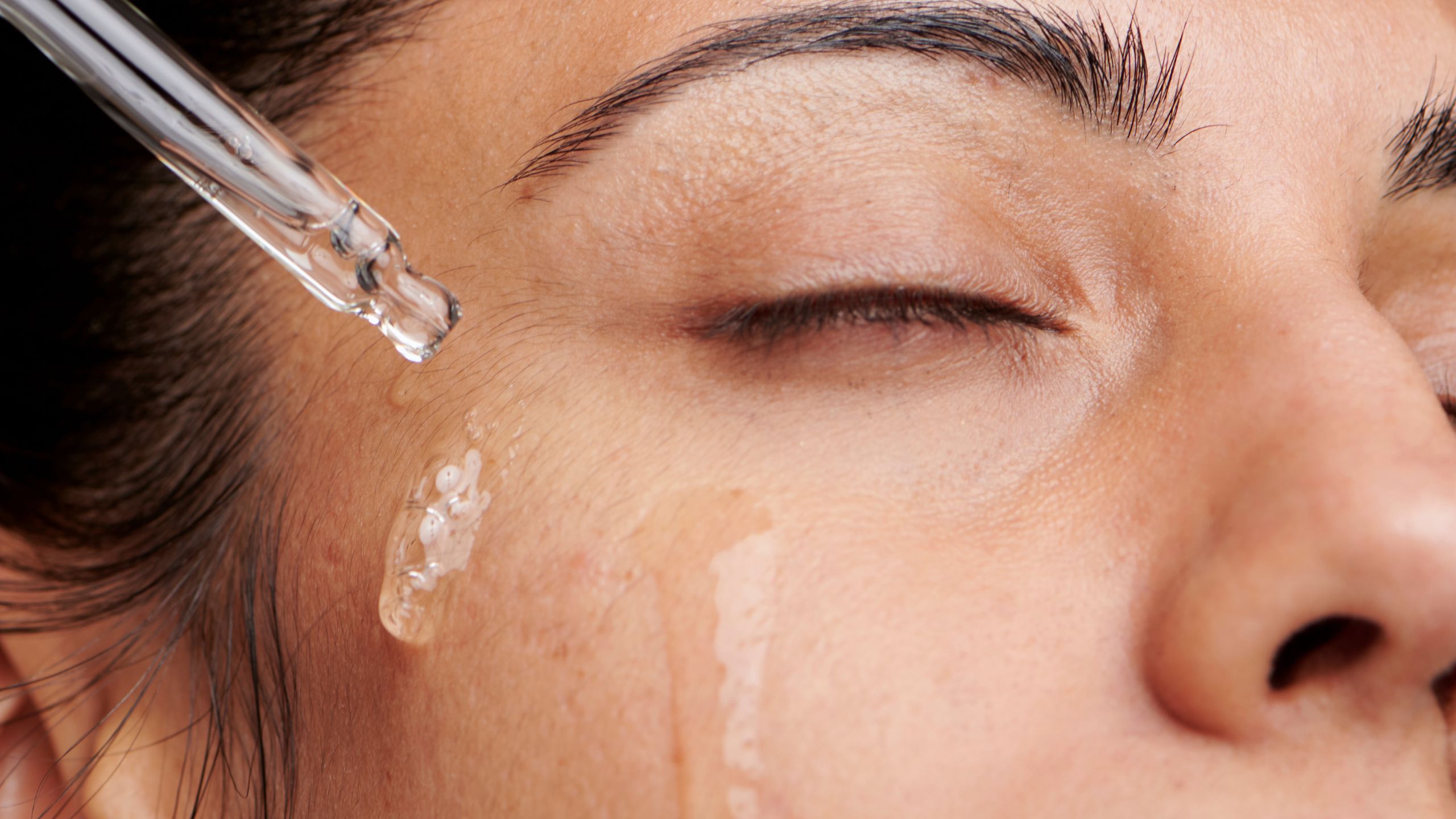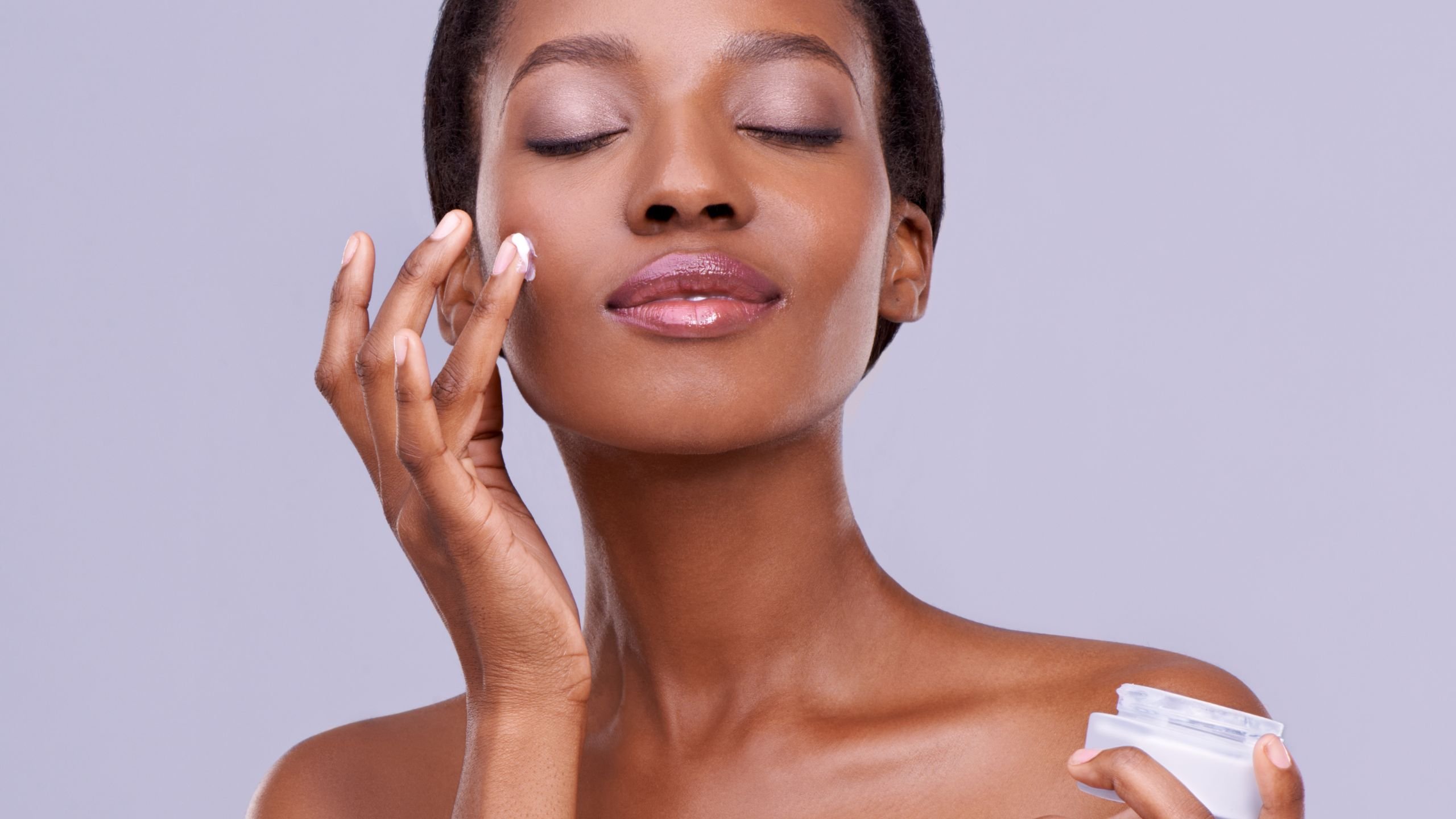Recent discoveries have revealed a concerning link between common acne treatments and a hazardous chemical known as benzene. Benzoyl peroxide, a key ingredient found in many over-the-counter acne solutions, has been identified as a potential culprit when exposed to high temperatures.
This finding has sparked a wave of concern among consumers and health care professionals alike, as benzene is a known carcinogen, associated with an increased risk of cancer.
What Exactly Is Benzene?

Benzene is not just any chemical; it’s a colorless liquid that’s flammable and has a sweet odor, making it deceptively dangerous. The International Agency for Research on Cancer classified it as a Group 1 carcinogen, which puts it in the same category as heavy hitters like asbestos and lead.
Its presence in products, especially those applied to the skin, like acne treatments, is alarming because there’s substantial evidence to support that benzene can cause cancer, specifically leukemia and other blood disorders (via CDC).
The Alarming Discovery by Valisure

An independent testing company, Valisure, sounded the alarm bells when it discovered that acne products containing benzoyl peroxide could form high levels of benzene when subjected to hot conditions.
This could happen in everyday situations, such as leaving skin care products in a hot car or storing them in a bathroom exposed to steam from a shower. Valisure’s findings have prompted urgent calls for the Food and Drug Administration (FDA) to investigate these products and their safety standards further.
How Does Benzene Form in Acne Products?

This process accelerates in warmer environments, a fact that has been overlooked until now.
The implications are significant, as many people store their skin care products in places subject to temperature spikes, unknowingly increasing their risk of benzene exposure.
The Health Risks of Benzene Exposure

Persistent exposure to even low levels of benzene is directly linked to various types of cancer, particularly those affecting blood cells, like acute myeloid leukemia and non-Hodgkin lymphoma.
The American Cancer Society and the International Agency for Research on Cancer have highlighted the dangers of benzene, stating that no amount of this carcinogen is considered safe.
FDA’s Stance on Benzene in Products

This stance highlights the recognized dangers associated with benzene. However, recent findings suggest that consumer products, particularly those for skin care, may not be as closely monitored for this harmful substance, leading to a potential oversight in public health and safety.
In January, the FDA restricted manufacturers from using benzene in prescription drugs (per American Pharmacists Association).
Expert Advice on Acne Products

Dr. Christopher G. Bunick, an associate professor of dermatology, has weighed in on the discovery, emphasizing the importance of seeking alternatives to benzoyl peroxide-based acne treatments.
He advises patients who are concerned about the risks to consider other options. “There are many acne products available to use besides benzoyl peroxide,” he said, reflecting a growing concern within the medical community and underscoring the need for awareness and precaution among consumers (via Healthline).
Temperature Matters: Storing Your Skin Care Safely

The stability of skin care products, especially those containing benzoyl peroxide, is significantly affected by temperature. Research, including the tests conducted by Valisure, indicates that storing these products at high temperatures can lead to the formation of benzene levels far above safe limits.
This finding suggests that the simple act of storing skin care products at room temperature or cooler could significantly reduce the risk of benzene contamination, a vital tip for consumers aiming to protect their health.
Alternatives to Benzoyl Peroxide

With the growing concerns over benzoyl peroxide, it’s important to explore safer alternatives for acne treatment. Ingredients like salicylic acid, sulfur, and adapalene offer effective solutions without the same risks associated with benzene formation (via CNN).
These alternatives not only provide a safer option for managing acne but also ensure that consumers can maintain their skin care routines without compromising their health.
The Role of Regulatory Agencies

The discovery of benzene in acne products has put a spotlight on the role of regulatory agencies like the FDA in ensuring consumer safety. The response from these organizations will be crucial in addressing the current concerns and preventing future risks.
It involves not only investigating the claims and enforcing standards but also educating the public on safe product use and storage more than they already do.
How to Be a Savvy Consumer

In light of these findings, it is more important than ever to become a savvy consumer. This involves reading labels carefully, understanding the ingredients in your skin care products, and being aware of how environmental factors like temperature can affect product safety.
By being informed and cautious, consumers can protect themselves from potential health risks and make better choices in their skin care routines.
The Path Forward: Research and Responsibility

The findings about benzene in skin care products highlight the need for ongoing research and accountability from both manufacturers and regulatory bodies. More stringent testing and clearer labeling may be needed to help consumers make informed decisions.
As we move forward, the collective efforts of the scientific community, industry leaders, and consumers will be vital in ensuring the safety and efficacy of skin care products on the market.








































